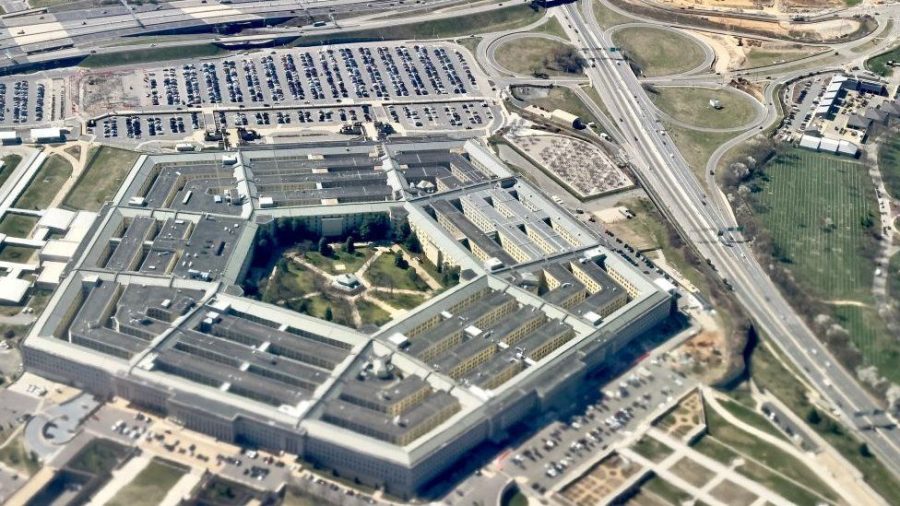Pentagon Files Leaked Regarding Russia-Ukraine War
Picture of Pentagon
April 25, 2023
On April 13th, U.S. authorities arrested a 21 year old Air National Guardsman named Jack Teixeira who was arrested by the FBI for alleged leaking of Pentagon intelligence.
Teixeira worked in the 102nd Intel Wing at the Otis Air Force Base as a cyber transport systems specialist, however his rank was considered fairly low amongst security and how he was able to gain access to the documents is for now unknown.
Days after, the information on the documents was spread through multiple group chats on the social media platforms Discord, Telegram, and Twitter. The documents and files contained extremely sensitive information about the status of the Russo-Ukrainian war at the time. Other information placed in the files included the types of weapons the Ukrainians had access to as well as where they were placed.
The information also shows that Ukraine is very well prepared to launch a counter-offensive sometime this spring, and it’s not yet clear what kind of impact the new material could have on the trajectory of the war.
“We are aware of the reports of social media posts and the department is reviewing the matter,” said Pentagon Deputy Press Secretary Sabrina Singh. After the arrest, U.S Senator Jack Reed stated that Congress was alerted of the situation and a hearing was planned for this week, however the hearing was delayed because Jack’s lawyers required more time to address the information that has been pressed. The trial will most likely take place this summer.
“More answers are still needed. There are systemic issues that need to be addressed, including protocols for how intelligence is handled, the security clearance process and how officials can prevent intelligence leaks like this from ever happening again,” Reed said in a statement.
If the allegations are true, Teixeira was told during a court appearance in April that he could be facing an upwards of 15 years in prison. One of the charges would be unlawful transmission of national information, leading up to 10 years, the other being unauthorized removal of classified documents and general information, leading up to 5 minimum years.



